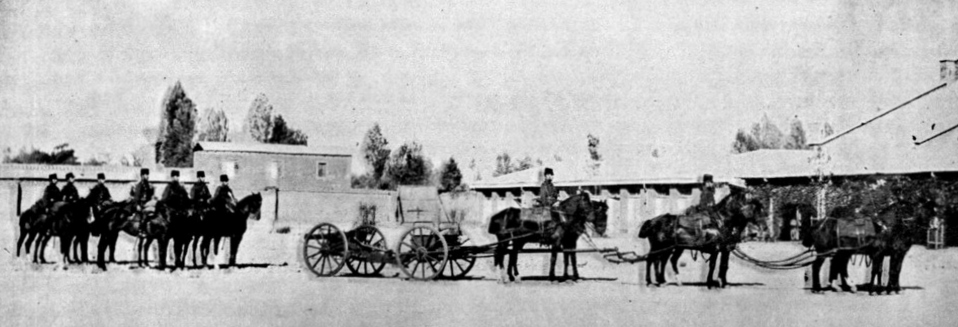Qabel says themselves - not a Free Software/Open Source License
2016.03.16 by Matthias Kirschner in #fsfe #licensesYesterday I read some articles about Qabel, which again talked about "Open Source" or "open licenses", although Qabel is not using a Free Software/Open Source Software license. Dear journalists: their license is a proprietary software license, and is neither approved by the FSF as a Free Software license nor by the Open Source Initiative as an Open Source Software license.

After some discussions with them in 2014 Qabel themselves now explains that on their website:
The software "Qabel" is licensed under the QaPL, a specially developed proprietary license. The QaPL can neither be classified according to the standards of the Free Software Foundation (FSF), nor to the standards of the Open Source Initiative (OSI) as "Free Software License" or "Open Source License" respectively.
We have decided to do it that way in order to keep the project going, while at the same time ensuring the greatest possible freedom.
The QaPL does not satisfy the standards of those "Open Source" or "Free Software" licenses, due to our non-commercialization and non-military clauses.
The license says that nobody is allowed to use the software commercially without Qabel's consent—meaning you will have vendor-lock-in again—and it restricts who is allowed to use the software.
To explain the problematic about the second restriction, Peter Hecko did a podcast with me about the "anti-military clause" (in German) and I wrote a short summary of the main arguments from the podcast:
Else my main arguments in a nutshell were: “military” is really difficult to define, it is questionable if someone who kills people would stick to a copyright license, or if it would help anything if military is not allowed to use the Free Software. Furthermore I explained that in the Free Software movement—which is a worldwide movement—we have many different value systems. While some values are shared more widely, there are others people disagree on. We would end up with hundreds of licenses or license additions. We already have way too much licenses at the moment, but such usage restrictions would make it almost impossible to develop software together. By using such restrictions you would also make it hard for everybody who wants to do “good” things with software.